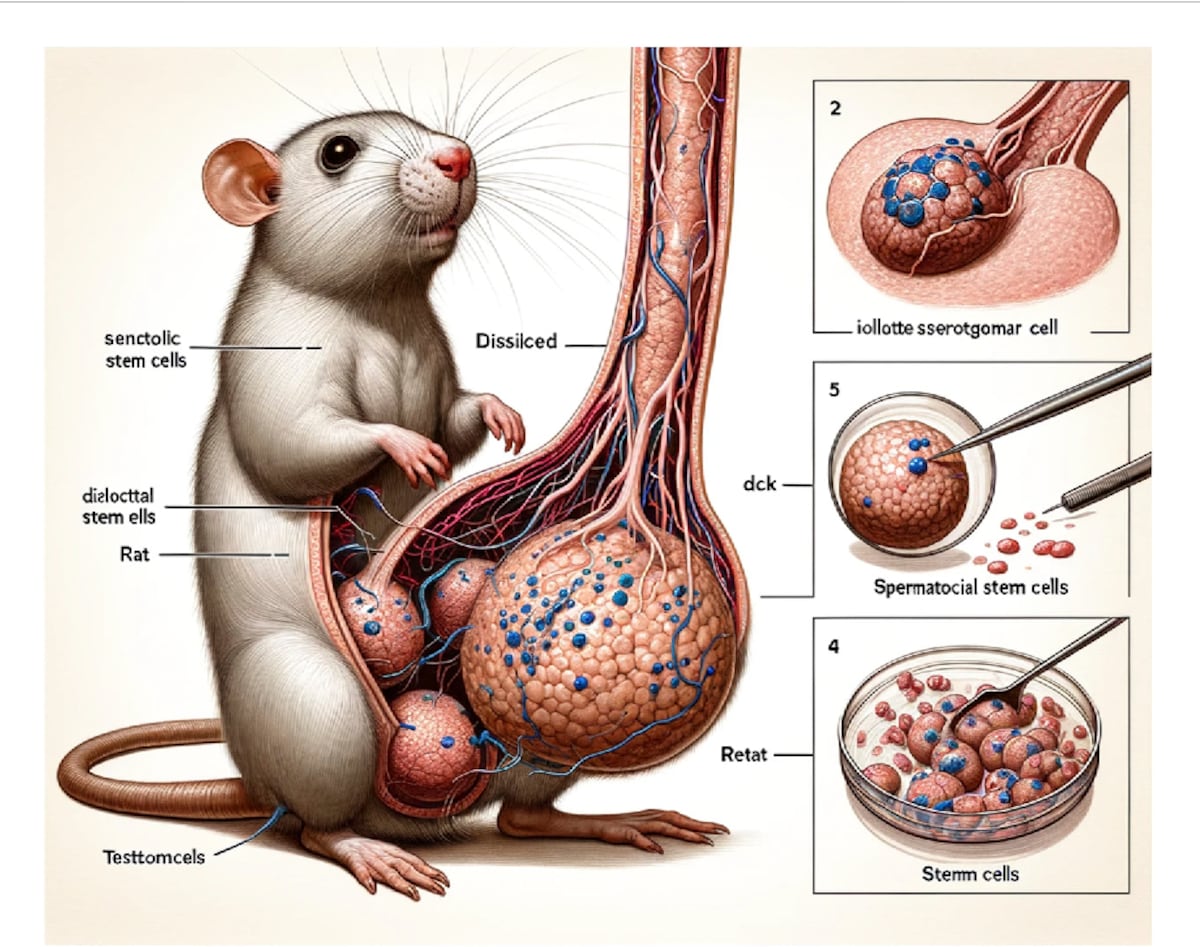Researchers at Stanford University, led by James Zou, have found that AI language models tend to use words with positive connotations disproportionately, such as commendable, meticulous, intricate, innovative, and versatile. This trend has been observed in the use of ChatGPT and similar AI-powered language generation programs among scientists to write or polish their studies.
While some researchers may use these tools to correct errors and improve text quality, there is a gray area where the assistance of AI is taken further without proper verification of results. In fact, Andrew Gray, a librarian at University College London analyzed five million scientific studies published last year and found a sudden increase in the use of certain words like meticulously and intricate in their English versions. Percentages ranged from 59% to 137%.
Gray attributes this rise to the widespread use of ChatGPT and similar AI-powered language generation programs by tens of thousands of researchers. He estimates that over 60,000 scientific studies published in 2023 were created with the help of these AI tools. While some scholars have expressed concerns about the impact of this AI-driven language on the quality and substance of research, others argue that it can be a useful tool for non-native English speakers looking to improve their writing skills.
Intriguingly, Stanford’s Zou also observed an increase in the use of ChatGPT among reviewers of scientific studies. While prestigious journals like those in the Nature group showed fewer traces of ChatGPT in corrections, concerns about lower quality work produced using AI tools remain widespread among scholars worldwide. Additionally, Gray’s analysis revealed a surge in terms like intricate and meticulously across scientific studies in 2023, indicating a potential shift in academic language usage.
As researchers continue to push the boundaries of AI applications in academic writing, questions around transparency, quality control and integrity become increasingly urgent. It remains unclear what implications this might have on future research outcomes and how it will impact scientific discourse overall. However one thing is clear; we need to approach this development with caution while exploring its potential benefits.
In conclusion, Andrew Gray’s cautionary tale serves as a sobering reminder that technological advancements can pose ethical dilemmas for academia. It highlights how we need to ensure that our reliance on technology does not compromise our commitment towards transparency and accuracy while pursuing progress in any field
